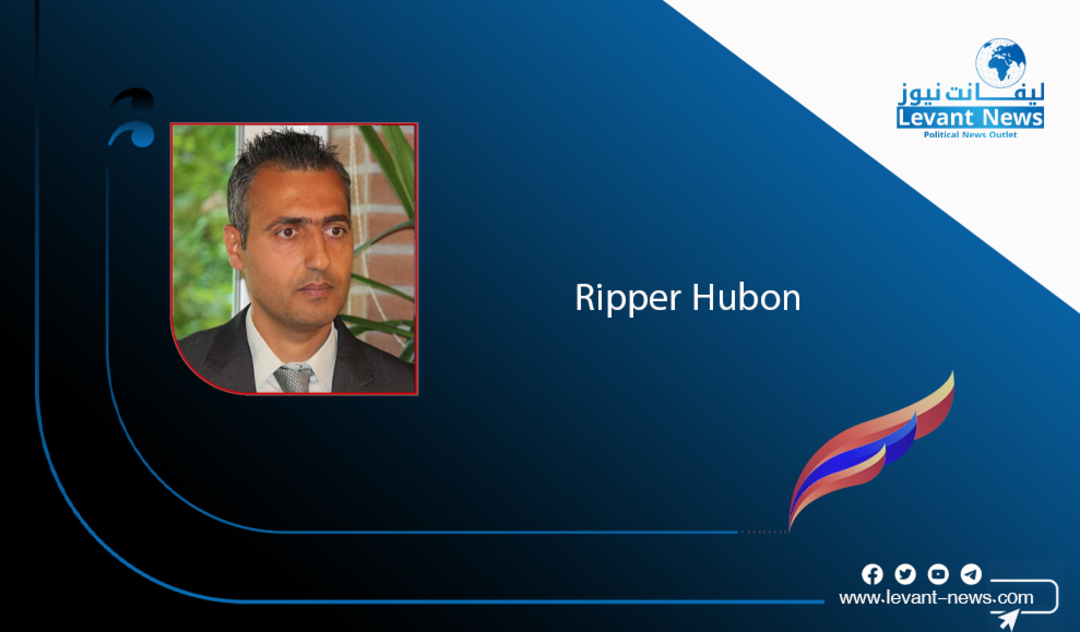-
A Ceasefire or Deferred War

The recent American strikes on the sites of Ford, Natanz, and Isfahan are considered a direct entry into war alongside Israel. There is no doubt that these targeted strikes aim to deter Iran from continuing its ambitions and activities to develop a nuclear bomb.
Iran’s continued enrichment of uranium, which has exceeded 50 percent purity, poses a direct and clear threat to Israel and the region. It represents a real obstacle to the project of change in the Middle East. Undoubtedly, Turkey is the most affected after Iran by this project, and it constantly condemns the Israeli attack on Iran. We cannot ignore the undeclared intention to overthrow the Iranian regime by weakening it and destroying its capabilities, starting with targeting its nuclear infrastructure. Therefore, the United States is a partner with Israel in this war, and I expect Iran will intensify its efforts to threaten Israel and continue attacking it, breaking any ceasefire or truce declared by America.
Iran’s response to the US-focused strikes on its nuclear facilities marks a turning point. Even if Iran informs the United States of its intention to retaliate early, it is considered a warning message indicating Iran’s readiness to threaten neighboring security—such as Qatar. The warning message is the intent behind Iran’s missile strikes on the Al-Udeid base in Qatar without causing significant damage or injuries. Regarding Trump’s announcement of the supposed truce, it is fragile, especially since in such cases, ceasefires serve as a timeout for regrouping, transferring equipment, or preparing for further attacks by both sides. The only way to eliminate the existential threat to Israel and the region is through overthrowing the regime and establishing a suitable alternative aligned with Israeli, American, and European interests, as well as regional interests. For all Iranian people, the core nature of the regime's ideological backbone—the revolutionary Islamic regime—prevents the implementation of the "New Middle East" project, which was struck down through its proxies in neighboring countries like Lebanon, Yemen, Iraq, and Syria. Essentially, the Turkish regime under Erdogan and the Iranian regime are working to block this project; Erdogan in particular seeks to exploit Ocalan’s psychological influence over his followers and Kurdish factions to keep Kurds from benefiting from the changes Israel and the US are making in the region, in exchange for privileges, power, and tempting benefits linked to them. Turkey has yet to take any step to resolve the Kurdish issue. My view is that Kurdish displacement or deception is not possible at this moment; the US has established strong ties with influential Kurdish forces in the region, regardless of Turkish intelligence and media campaigns promoting the so-called American or Israeli imperialist bogeyman. Everyone is involved in this project, contributing more or less, depending on the circumstances and current developments.
Turkey is a country with conflicting interests—on one hand, it has strained relations with Israel, and on the other, it fears the disintegration of Iran. It is trying in every way to distance itself from the new regional equations. In the foreseeable future, Israel may form an alliance with the Gulf States, which could again be to its detriment.
Israeli strikes have so far successfully weakened the Revolutionary Guard through a series of sensitive and crucial assassinations, while also continually destabilizing popular support for the Iranian regime. This opens the door to unprecedented internal protests, which can be seen as a form of sustained exhaustion of Iran’s regime’s ability to withstand change.
Iranian efforts continue to be targeted by these strikes, and I do not expect Iran to comply with the ceasefire after 12 days of continuous aerial warfare. Iran still relies on its missile capabilities to hit Israeli infrastructure, believing this will weaken Netanyahu's government and accelerate popular resentment against his rule.
The ceasefire is essentially an indefinite delay—war postponed—and, without question, the regional and international parties have reached the point where the survival of the current Iranian regime threatens the region. They believe the project must be carried out to its end without procrastination or delay, at lower economic costs, and through the Iranian opposition. Kurds are no longer just tools for change in the region but have become a new, reliable, and pro-Western force aligned with Israeli interests.
Levant: Ripper Hubon
You May Also Like
Popular Posts
Caricature
opinion
Report
ads
Newsletter
Subscribe to our mailing list to get the new updates!




















